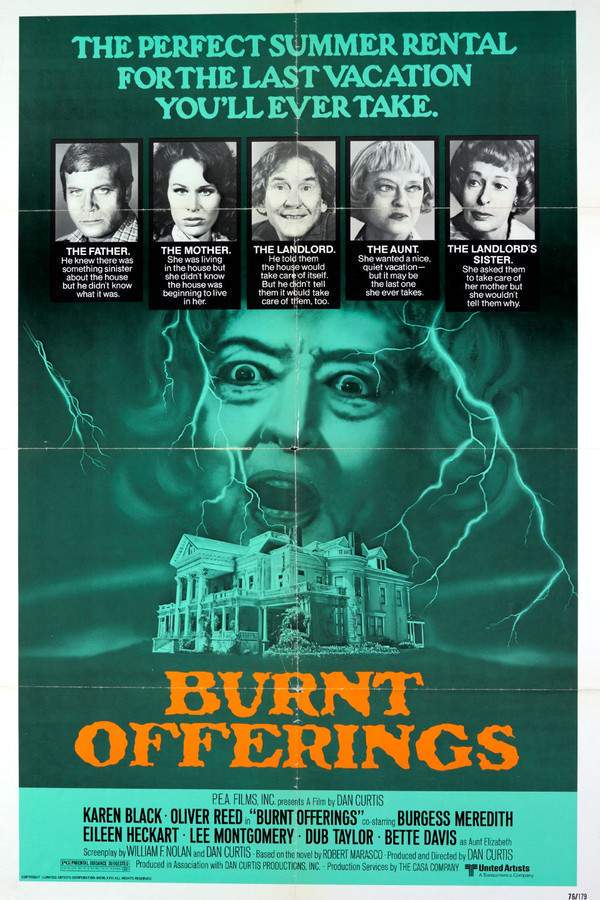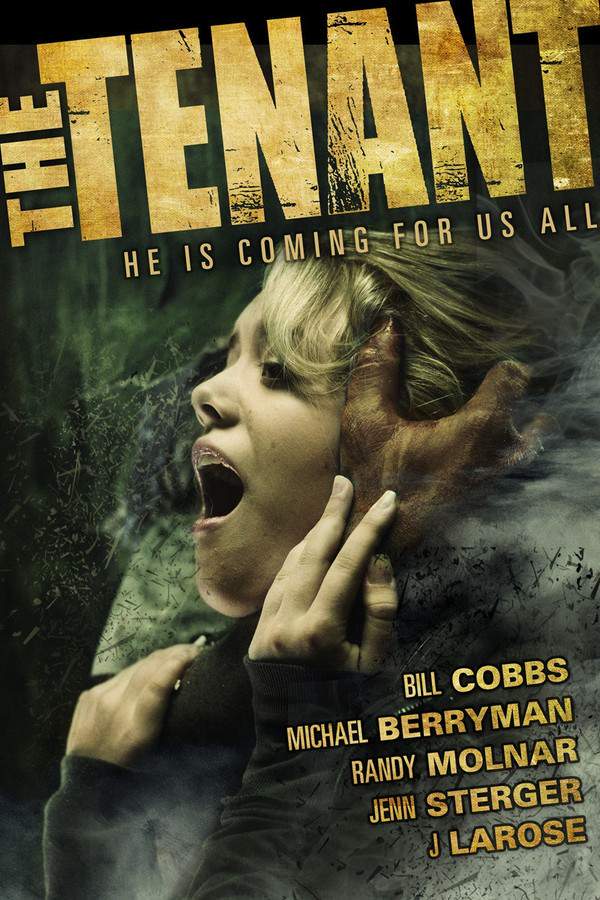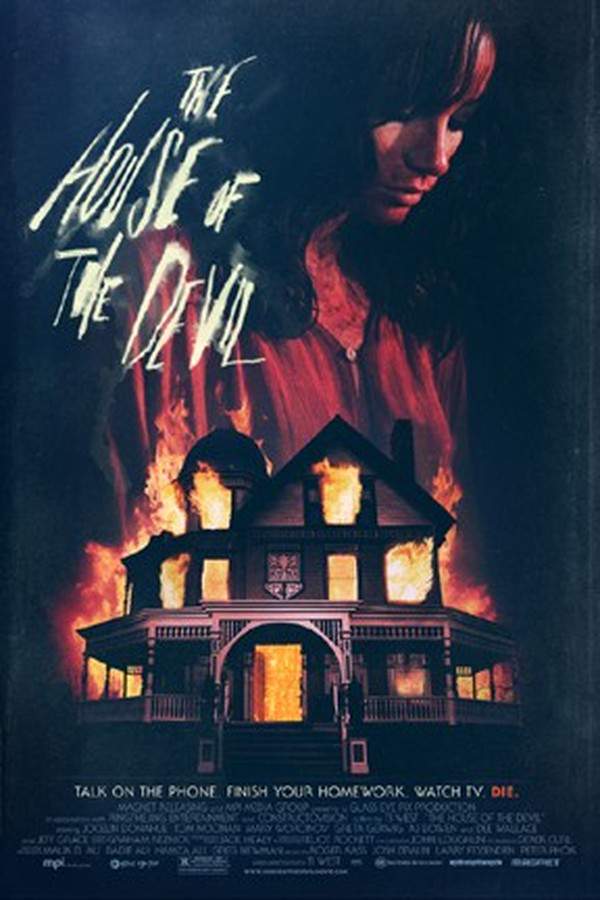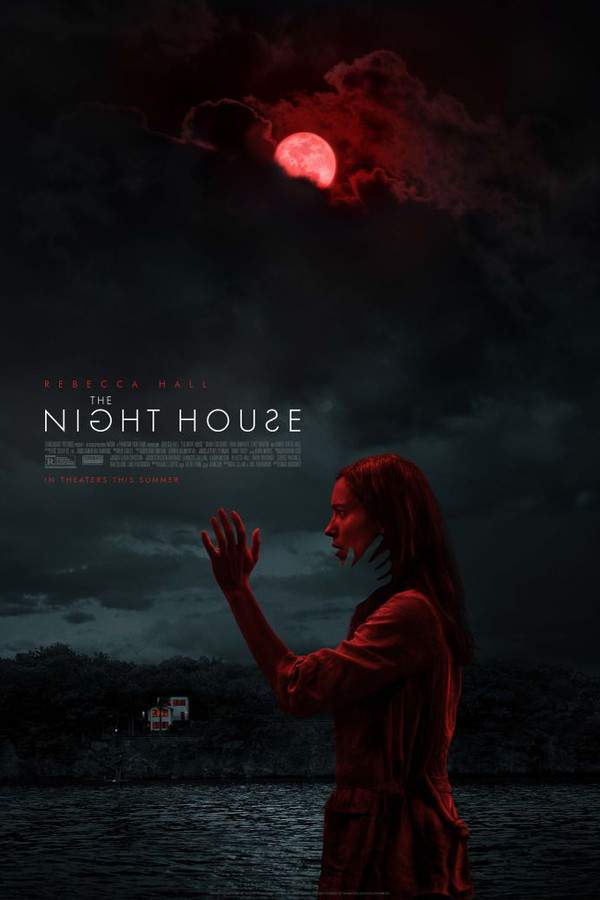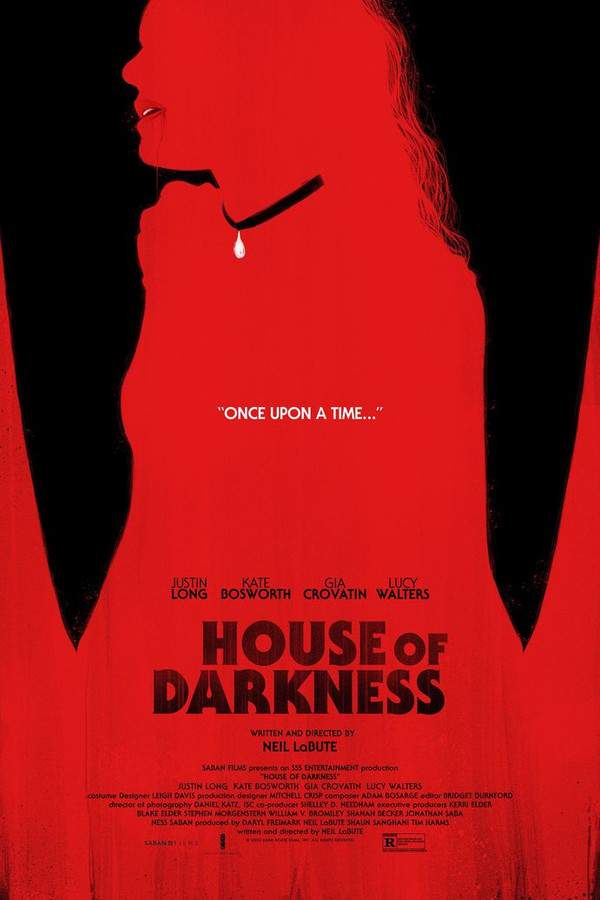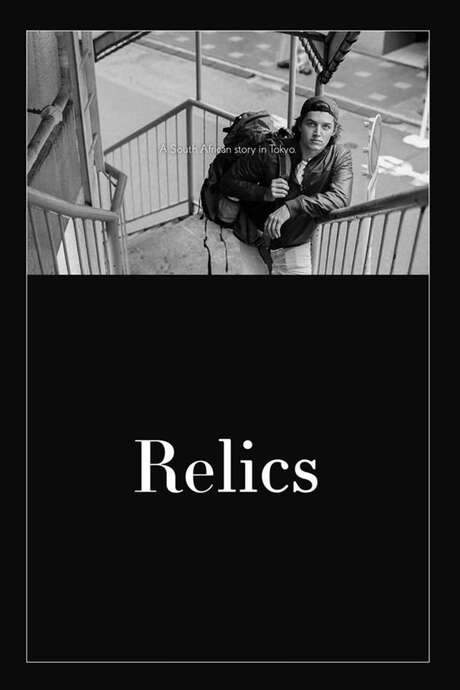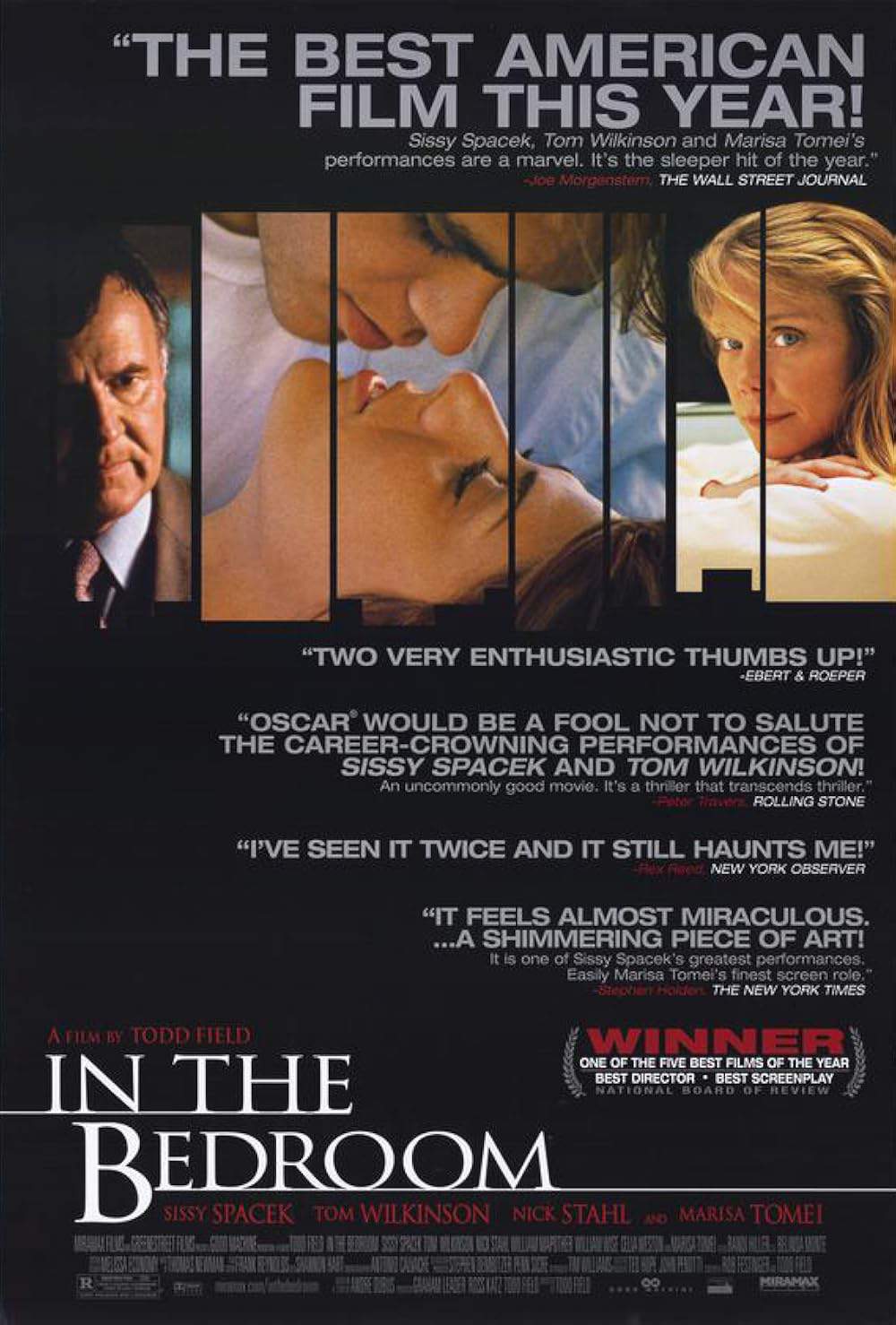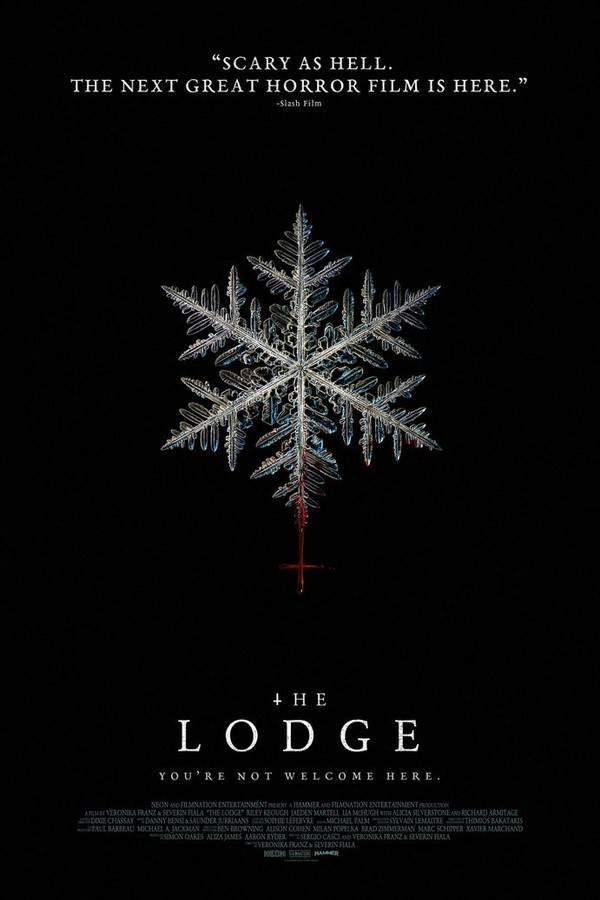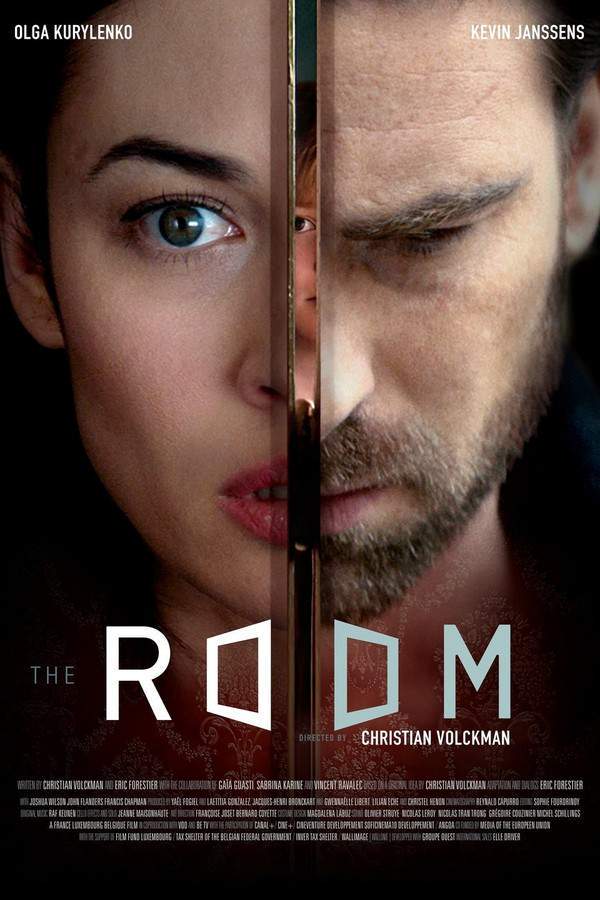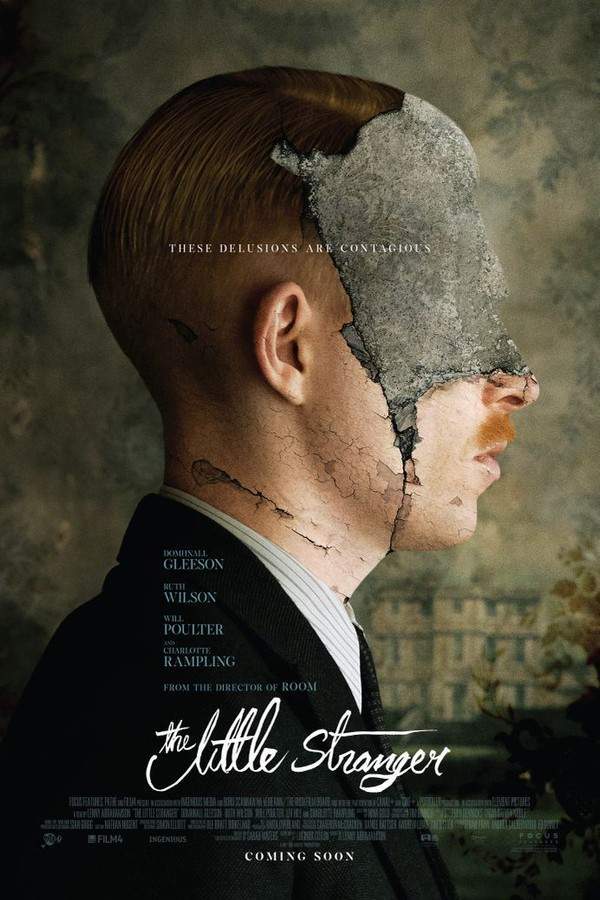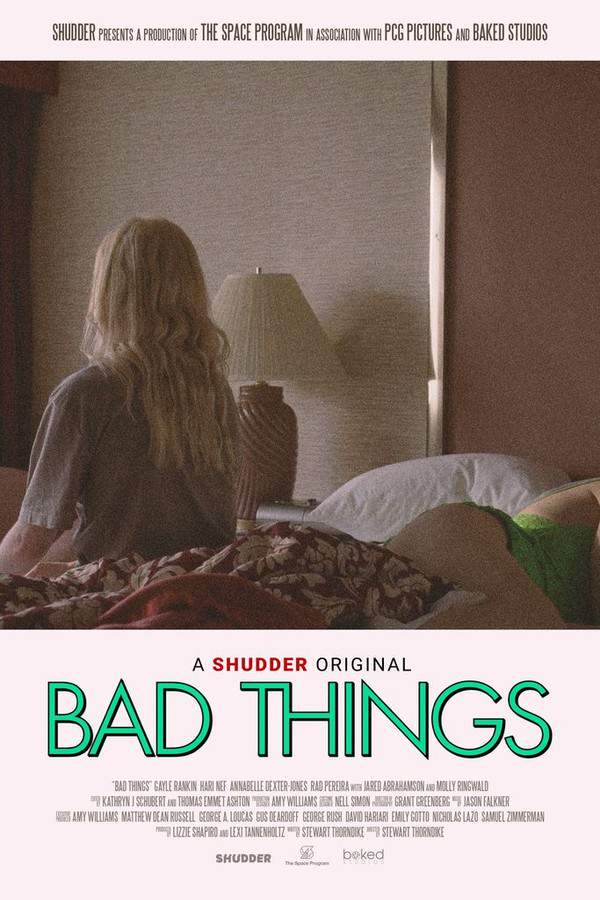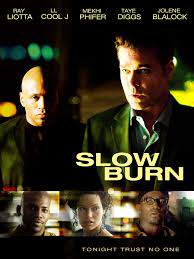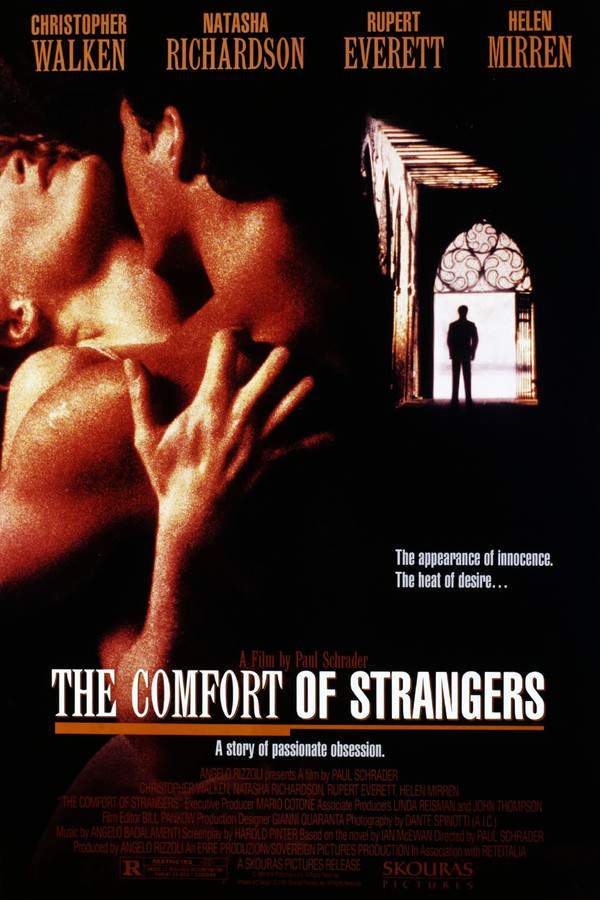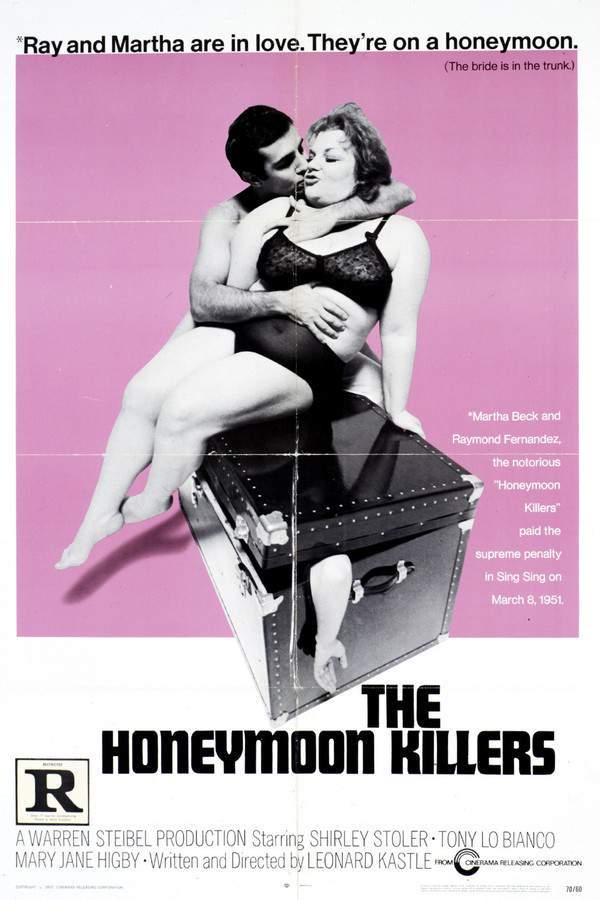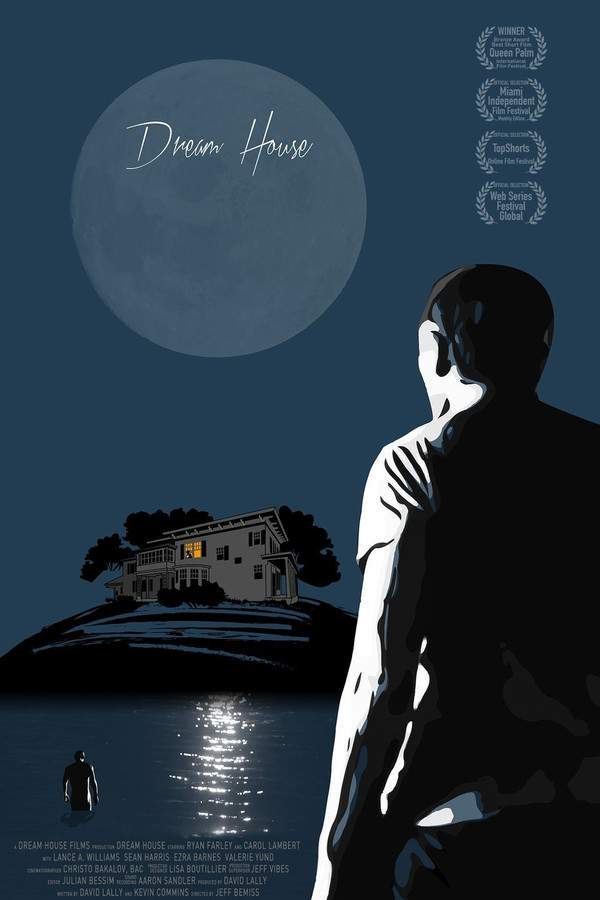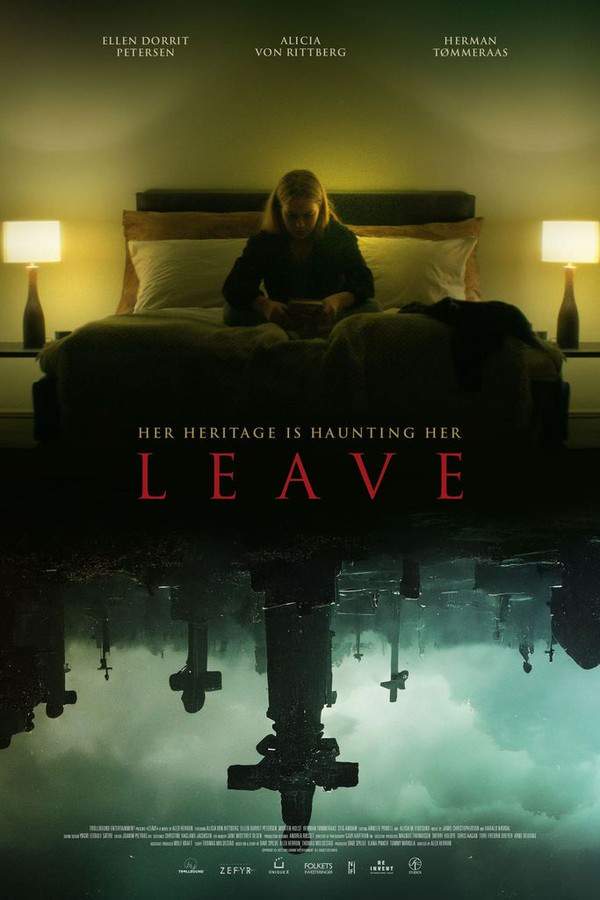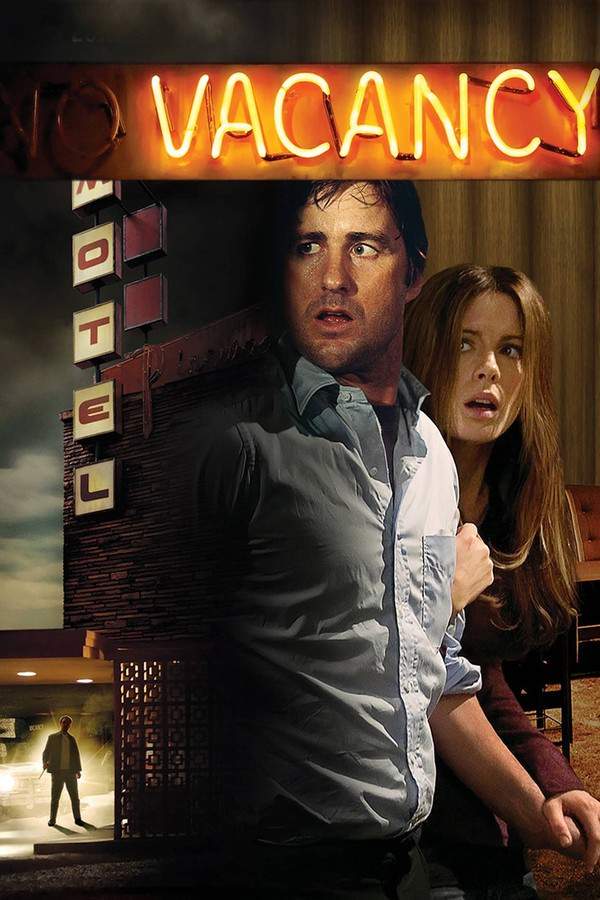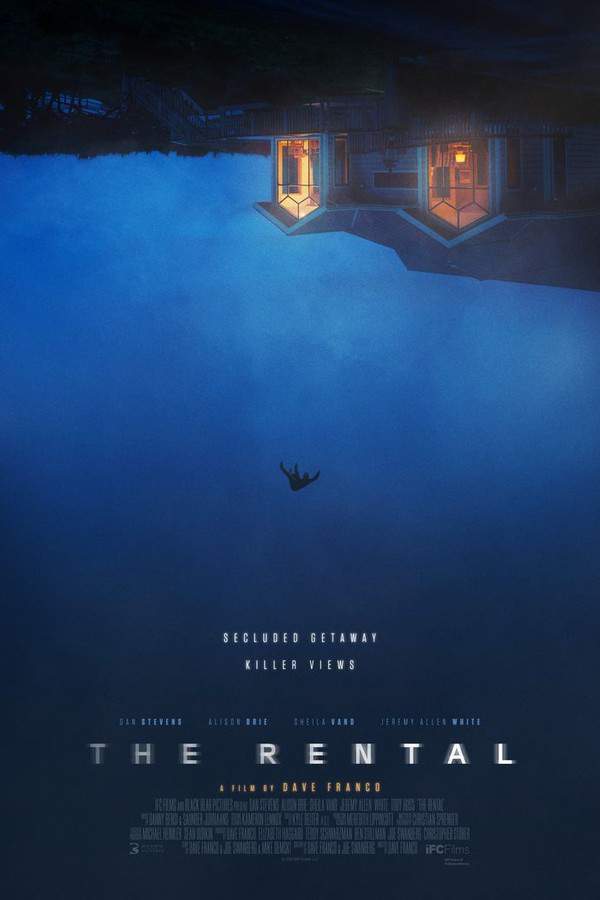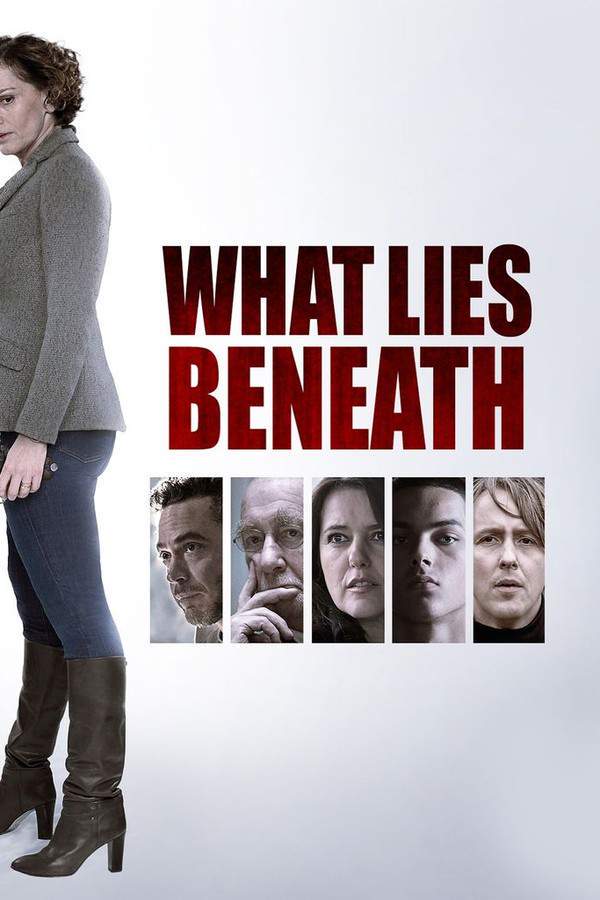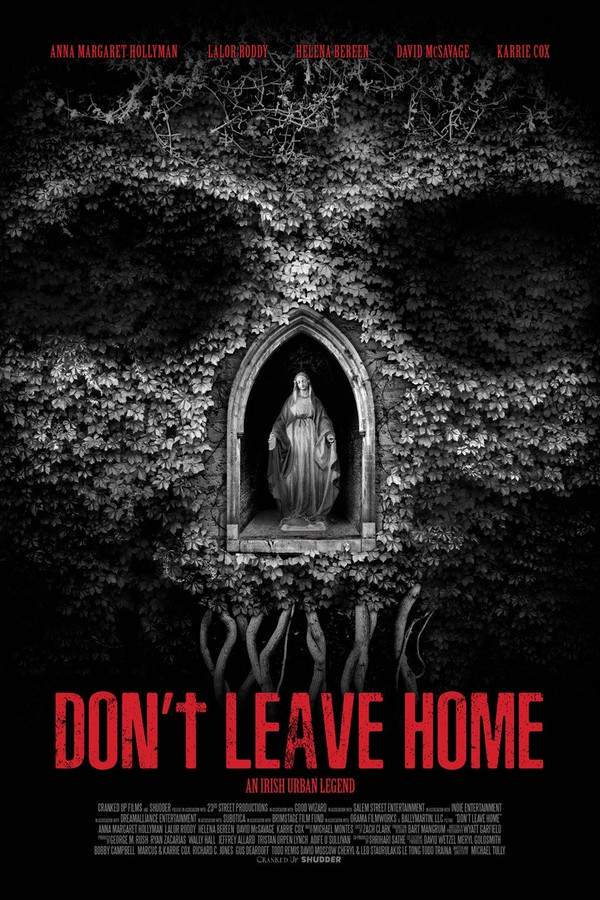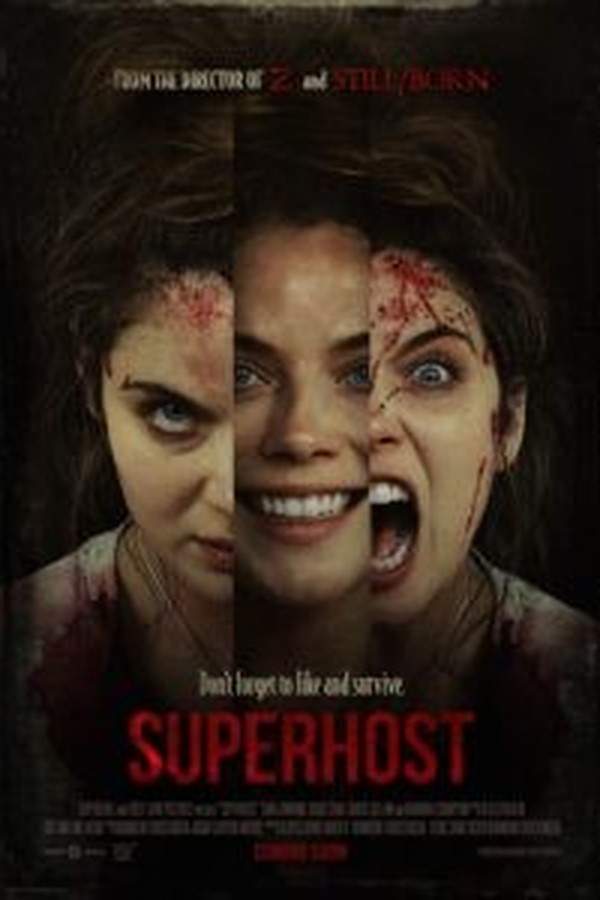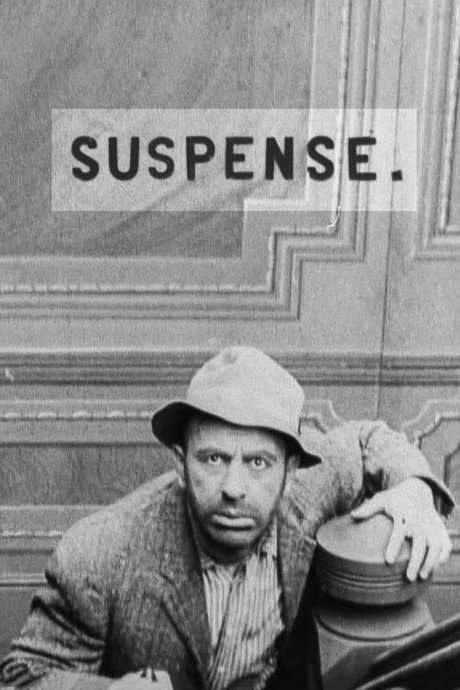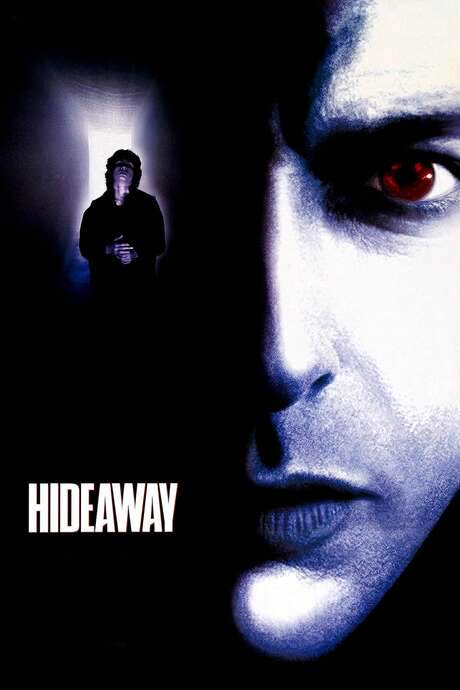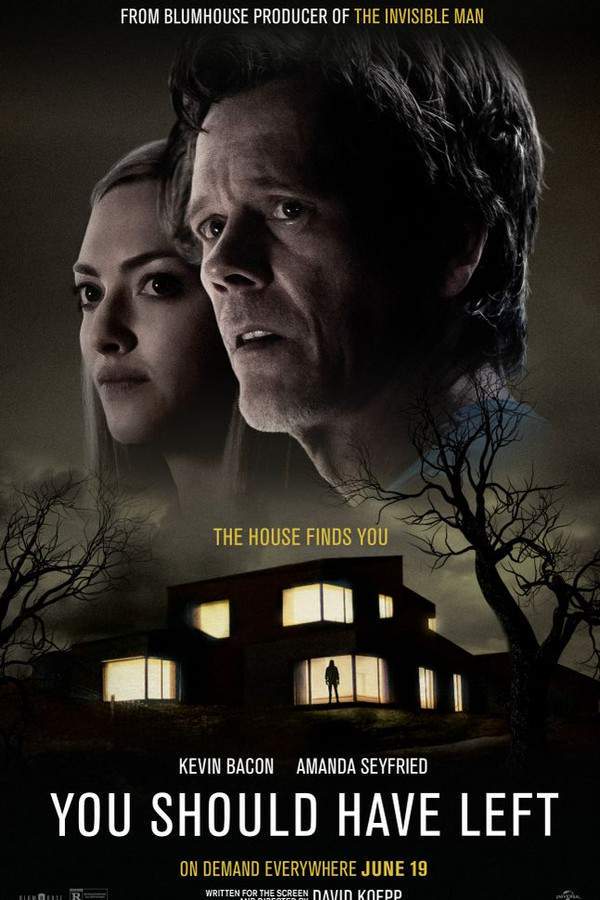
You Should Have Left
A writer and his wife travel to a remote, modernist house in the Welsh countryside for a restorative vacation. However, their trip takes a disturbing turn as the couple's strained marriage is tested and unsettling events occur. The writer, Theo, becomes increasingly convinced that the house and its surroundings conceal a sinister history, blurring the lines between reality and paranoia and threatening his family's stability.
Warning: spoilers below!
Haven’t seen You Should Have Left yet? This summary contains major spoilers. Bookmark the page, watch the movie, and come back for the full breakdown. If you're ready, scroll on and relive the story!
You Should Have Left (2020) – Full Plot Summary & Ending Explained
Read the complete plot breakdown of You Should Have Left (2020), including all key story events, major twists, and the ending explained in detail. Discover what really happened—and what it all means.
Theo Conroy, portrayed by Kevin Bacon, finds himself in a tangled web of nightmares as he navigates life after retiring from banking. He is married to the bright and ambitious Susanna, played by Amanda Seyfried, and together they share a young daughter named Ella, brought to life by Avery Tiiu Essex. One day, when Theo attempts to visit Susanna on set, he faces an unexpected roadblock—his access is denied. His discomfort escalates when he discovers Susanna is filming a provocative scene, unveiling an unsettling layer of their relationship coupled with a hint of public disdain towards him.
In an effort to escape the growing unease, the Conroy family decides to temporarily retreat to a vacation home in Wales before Susanna’s work commitments pull her to London. While the house appears spacious and inviting, an eerie undercurrent quickly surfaces. As time feels oddly distorted and both Theo and Susanna struggle with unsettling dreams, Ella’s innocent shadow puppets take a haunting turn when she perceives a shadowy figure lurking on her wall.
The following morning, Ella questions Susanna about the negative perceptions surrounding Theo, prompting a hesitant admission from Susanna about Theo’s past: his first wife tragically drowned in the bathtub, leading many to speculate he was involved, despite his acquittal following a sensational trial.
Armed with groceries, Theo ventures to town, where an inquisitive shopkeeper prompts unsettling questions about the home’s supposed owner, Stetler, and recommends measuring the house’s angles—a puzzling suggestion that only deepens Theo’s confusion. Upon returning, he learns that Susanna has revealed sensitive information to Ella, which incites tension between him and Susanna.
One evening, while Susanna enjoys a bath, Theo’s curiosity leads him to snoop through her devices, resulting in a futile apology for their earlier conflict. As he roams the house, he stumbles upon a hidden staircase in the bookshelf and experiences a harrowing vision of Ella’s lifeless body, frantically attempting to wake himself from the nightmare.
The next day, Theo witnesses Susanna and Ella outside, prompting an instinct to reach out to Susanna via text. However, he is stunned to find another identical phone displaying his messages. Concerned, he checks his journal, where a chilling warning appears: “You should leave. Go now.” Confronting Susanna about the duplicate phone leads to an explosive argument, revealing her affair with another actor named Max. Crushed, Theo tells her to leave for the night.
Alone with Ella, their reality continues to warp—after measuring the kitchen, they uncover that it is larger inside than outside. Ella wanders off to fetch her coat but disappears, thrusting Theo into a panic. Their separate realities intensify as they each navigate their nightmares differently. In a desperate call for help, he learns from the shopkeeper that there are no taxis and that the house seems to claim souls.
As they prepare to leave, Theo and Ella find themselves drawing closer to the haunting figure that watches them from the window of the house. With no alternatives left, they resign to stay one more night. During this time, Theo dives back into the dream world where he encounters his prior self and recalls the moments of their first visit to the house, only to find Ella ensnared in a haunting grasp.
Meeting the enigmatic Stetler, who embodies Theo’s own likeness, Theo is challenged to fulfill a dark obligation to reclaim his daughter. Ella’s return brings a moment of joy, but as reality unfurls, Theo confesses his dark past concerning his first marriage—he didn’t directly take her life, but his inaction led to her demise. Accepting his haunting association with the house, he is met with horror from Susanna.
Ultimately, the tragic conclusion traps Theo’s soul within the very home he sought refuge in, echoing the ominous phrase that “some people don’t leave the house; the place finds them.” A chilling endnote, the house is then seen listed on a familiar booking site, a fate sealed for the next unsuspecting visitors.
Last Updated: October 27, 2024 at 20:01
Ending Explained – What Happens at the End of You Should Have Left?
Still wondering what the ending of You Should Have Left (2020) really means? Here’s a spoiler-heavy breakdown of the final scene, major twists, and the deeper themes that shape the film’s conclusion.
At the end of You Should Have Left, Theo chooses to stay behind in the house, accepting his guilt and sins rather than leaving with his wife Susanna and daughter Ella. His decision is deeply tied to his past: he feels unworthy of redemption because of his previous actions, especially his failure to save his first wife from drowning—a moment that haunts him. The house in the film symbolizes more than just a haunted residence; it represents purgatory, a spiritual limbo for those burdened by guilt and sins they can’t or won’t confront. Theo’s religious upbringing influences this view, as he struggles with the idea that his past mistakes condemn him to eternal punishment.
The house appears to target people like Theo, who carry heavy guilt, because it “finds” those destined for damnation—though the film doesn’t specify the severity of sins, Susanna’s infidelity does not seem enough to condemn her, allowing her to leave. Theo, however, believes he’s truly unredeemable and thus is trapped. His guilt over his wife’s death and his own selfish choices make him feel he belongs in this limbo. By staying, Theo is making a final act of penance; he accepts his sins and the suffering they cause, refusing to run from his past anymore. This ending underscores that the real horror lies not in the house itself, but in the torment of inner guilt and unresolved trauma that each character carries with them.
The title hints at the movie’s core message—if Theo had just left his wife instead of watching her drown, he might have escaped his torment. Instead, his failure to act led to his spiritual imprisonment. The story suggests that the choices we make shape our destiny, and avoiding responsibility only prolongs suffering. In this way, the house isn’t haunted by spirits, but by the weight of past decisions and the persistent guilt that plagues those who refuse to face their sins. Theo’s inability to forgive himself seals his fate within the house, leaving viewers with a haunting reflection on the importance of confronting one’s past before it consumes you.
Last Updated: June 25, 2025 at 09:00
Explore Movie Threads
Discover curated groups of movies connected by mood, themes, and story style. Browse collections built around emotion, atmosphere, and narrative focus to easily find films that match what you feel like watching right now.
Movies with sentient houses like You Should Have Left
Stories where the building itself is a sinister, sentient antagonist.If you liked the eerie, modernist house in 'You Should Have Left', you'll enjoy these movies where the architecture itself is the villain. This collection features similar horror and thriller stories about buildings that trap, manipulate, and psychologically torment their inhabitants.
Narrative Summary
The narrative typically follows characters who enter a seemingly ordinary or extraordinary building, only to discover it has a will of its own. The structure preys on their secrets and insecurities, warping space and time to create a psychological prison from which there is often no escape.
Why These Movies?
They are grouped by the central concept of a sentient or reality-bending location. The shared experience is one of claustrophobic dread and the unsettling idea that the very walls are against you, creating a unique blend of psychological and supernatural horror.
Thrillers about strained marriages like You Should Have Left
Couples confronting their crumbling relationships in remote, tense settings.For viewers who appreciated the marital tension in 'You Should Have Left', this list features similar dramas and thrillers. These movies explore couples facing psychological horrors that force them to confront betrayal and secrets, often leading to bleak conclusions.
Narrative Summary
The plot centers on a couple seeking escape or resolution in a remote setting, but their personal demons and fractured trust become the real horror. The isolation amplifies their conflicts, blurring the line between external danger and the internal collapse of their relationship, typically culminating in a tragic or bleak outcome.
Why These Movies?
They share a core focus on a dysfunctional marriage as the engine of the drama, intensified by a confined, high-pressure environment. The similarity lies in the heavy emotional weight, the slow revelation of secrets, and the fusion of psychological thriller with relationship drama.
Unlock the Full Story of You Should Have Left
Don't stop at just watching — explore You Should Have Left in full detail. From the complete plot summary and scene-by-scene timeline to character breakdowns, thematic analysis, and a deep dive into the ending — every page helps you truly understand what You Should Have Left is all about. Plus, discover what's next after the movie.
You Should Have Left Timeline
Track the full timeline of You Should Have Left with every major event arranged chronologically. Perfect for decoding non-linear storytelling, flashbacks, or parallel narratives with a clear scene-by-scene breakdown.

Characters, Settings & Themes in You Should Have Left
Discover the characters, locations, and core themes that shape You Should Have Left. Get insights into symbolic elements, setting significance, and deeper narrative meaning — ideal for thematic analysis and movie breakdowns.

You Should Have Left Ending Explained
What really happened at the end of You Should Have Left? This detailed ending explained page breaks down final scenes, hidden clues, and alternate interpretations with expert analysis and viewer theories.

You Should Have Left Spoiler-Free Summary
Get a quick, spoiler-free overview of You Should Have Left that covers the main plot points and key details without revealing any major twists or spoilers. Perfect for those who want to know what to expect before diving in.

More About You Should Have Left
Visit What's After the Movie to explore more about You Should Have Left: box office results, cast and crew info, production details, post-credit scenes, and external links — all in one place for movie fans and researchers.

Similar Movies to You Should Have Left
Discover movies like You Should Have Left that share similar genres, themes, and storytelling elements. Whether you’re drawn to the atmosphere, character arcs, or plot structure, these curated recommendations will help you explore more films you’ll love.
Explore More About Movie You Should Have Left
You Should Have Left (2020) Scene-by-Scene Movie Timeline
You Should Have Left (2020) Movie Characters, Themes & Settings
You Should Have Left (2020) Ending Explained & Theories
You Should Have Left (2020) Spoiler-Free Summary & Key Flow
Movies Like You Should Have Left – Similar Titles You’ll Enjoy
Things Heard & Seen (2021) Plot Summary & Ending Explained
Dream House (2011) Movie Recap & Themes
Leave (2023) Detailed Story Recap
The Night House (2021) Full Summary & Key Details
Vacancy (2007) Story Summary & Characters
The Rental (2020) Complete Plot Breakdown
What Lies Beneath (2000) Full Summary & Key Details
Don't Leave Home (2018) Ending Explained & Film Insights
Superhost (2021) Plot Summary & Ending Explained
Leave the World Behind (2023) Full Summary & Key Details
Suspense. (1913) Plot Summary & Ending Explained
Hideaway (1995) Plot Summary & Ending Explained
You’ll Like My Mother (1972) Spoiler-Packed Plot Recap
The Stranger in Our Bed (2022) Full Summary & Key Details
Hallow Road (2025) Plot Summary & Ending Explained

